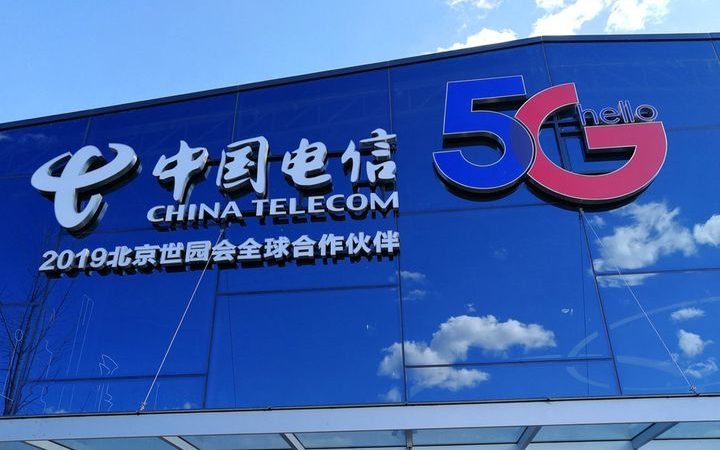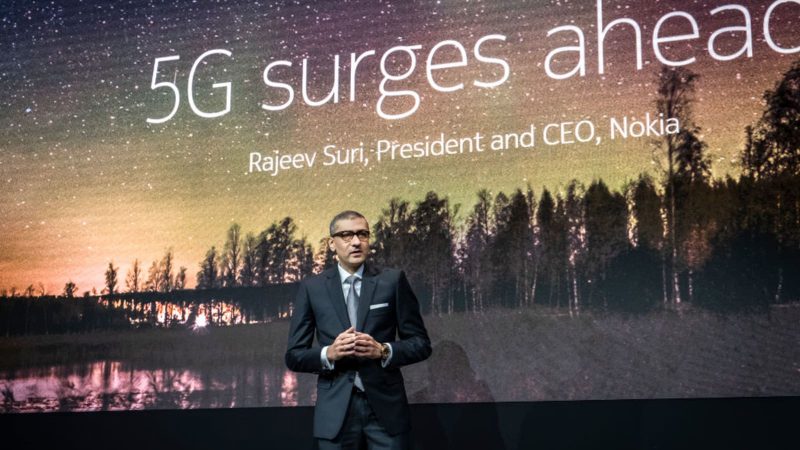Amidst the global crisis currently ensuing because of the COVID-19 pandemic, businesses are trying to weave their way through the restrictions and come up with creative solutions to continue their dealings. Whilst the situation is indeed getting dire in terms of getting things back on track around the world, China has reportedly managed to recover quite well considering how bad things were only a couple of months ago.
With the production capabilities for factories and businesses slowly ramping up again, it seems like normality might well return sooner rather than later. Keeping that in mind, we divert our attention to the rapid progress towards the eventual deployment of 5G networks around the world. China is one of the biggest markets for 5G networking and is also currently the frontrunner for the tech.
And, while conspiracy theories surrounding 5G and its link to COVID-19 have marred the opinion of the general public towards the technology, things still look like they are on track for the most part. So, naturally, we are at a stage now where 5G contracts have begun to spring up with manufacturers from around the world battling it out to secure the top spots.
Nokia, which is one of the biggest suppliers of telecommunications equipment around the world is in the race too. However, a recent press release from China.org.cn has indicated that the Finnish manufacturer has failed to secure a 5G contract in China due to ‘technical issues’.
The contracts which were valued at a whopping $10 billion were awarded by three major telecom operators within China which are China Mobile, China Telecom, and China Unicom. However, after the contracts were awarded, it was found that Nokia was indeed absent from the list of vendors that were selected for the next phase of 5G deployment in China.
Report: Cloud Gaming market expected to grow by 1000% in 5 years
This announcement adds further proof to earlier reports that claimed that Nokia has been struggling to keep up with the competition and making its 5G offerings viable for telecom operators.
In his reply to these claims, Kristian Pullola, Nokia’s Chief Financial Officer said, “We have directed our 5G R&D work to optimize global functions and to make markets more profitable, and perhaps we do not materialize local customization needed for China.”
Basically, this means that the company just isn’t ready to modify its plans for specific markets and is focusing on global requirements instead. On the flip side, however, Nokia’s Swedish rival Ericcson has been progressing by leaps and bounds, gaining substantial market share in China as a result.
The Swedish Telecom company managed to secure a contract with China Mobile valued at around $593 Million while also collecting a double-digit fee for a massive 5G offer issued by China Telecom and China Unicom.
The stark contrast between the two companies highlights the current predicament that Nokia has found itself in as it struggles to manage its costs and delivery delays. According to experts, the biggest culprit for Nokia’s recent failures has been the company’s decision to go with expensive programmable 5G components, making the entire ordeal much less profitable than the competitors.
Qualcomm’s affordable 5G solutions detailed
However, despite all of the flak that the company is currently receiving, it is true that Nokia still holds a strong position within North America and Europe, with the two markets making up almost 60% of its overall sales. Additionally, according to a recent report, Nokia’s sales revenue on mainland China has been taken a hit too, accounting for only six percent of its overall total which is a far cry from what it was last year.
According to the CEO of Nokia, Rajeev Suri, while China does hold a significant portion of the global market for 5G radio equipment, that is not the case from a revenue point of view.
“So people only talk about a 50 or 60 percent volume quota. But when it comes to the share of revenue, the value share of that market is half of that,” he added. “And then the share of medium-term profits is really negligible as part of the global market.”
Hence, the failure to secure a 5G contract within the Chinese market may not actually end up being too bad of a hit for the Finnish Telecommunications equipment company.
Nevertheless, the race for securing and deploying 5G is in full swing despite all the roadblocks that it has faced and it would be fascinating to see how it all pans out in the end.





